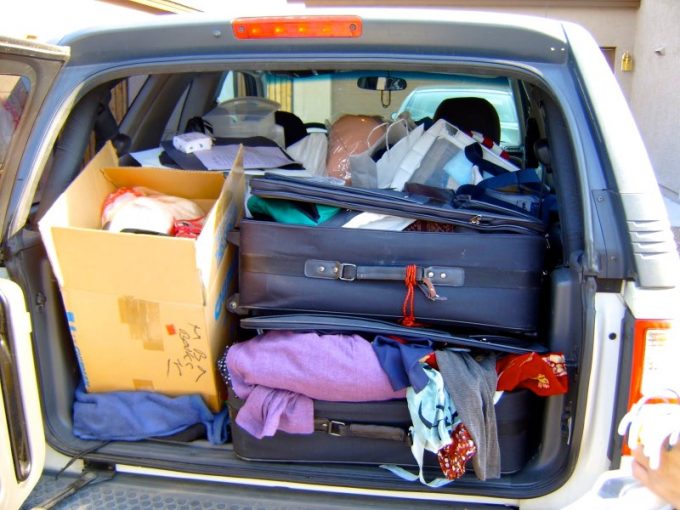By ZACH HARMUTH
Living in a county with Tennessee’s lowest unemployment rate and highest-median income, you could not be faulted for thinking homelessness is not an issue here.
But think again.
Every year, various groups, community leaders and churches deal with several hundred cases of homelessness. People looking for work and moving from friend to friend. A mom struggling to stay in a good school district, evicted after not quite paying the bills last month and staying with her sister. A wage worker, who came here because jobs did, driving to work during the day and sleeping at night in his car.
The working poor – who check you out or cook your food, who live with anyone who will have them because they can’t afford to both live and work here – they are in Williamson County.
“You think because the income here is high that we do not experience the problems of life, but we do we have homeless, we have foreclosure, we have divorce, we have domestic violence,” Steve Murray, Community Housing Partnership director, said. “Just because we have money does not mean we do not have the problems of living. Homeless families are everywhere. It is actually a big problem in Silicon Valley.”
No sure count of the problem exists. The best-estimate among the churches and non-profits dealing with it daily in Williamson County is anywhere from 100 to 300 families, not counting street people, at any given time.
“We see a great deal of homelessness and people on the verge of homelessness,” said Rae Boyd, client resource manager for GraceWorks Ministries. “Every day, we see many families asking for financial assistance so they will not become homeless. Every day we see many families sleeping in vehicles or under bridges here in Williamson County and many other terrible living environments.”
Part of the problem with counting the number of those in these situations is the different definitions of homelessness. The government definition, which is perhaps most important because it determines access to assistance programs, is anyone who spends at least one night not in a home.
But practice calls for more nuance.
“There are three types,” Kevin Riggs, pastor at Franklin Community Church, said. “You have the transients, who are just getting from point A to B. Then another group is people who moved here hoping for a better life but it didn’t work out. They are working minimum wage but living in their car, so they are stuck. Then you have couch surfers. They don’t have a place of their own, but they stay here, usually working.”
Then you have what most people seem to think of as homelessness: the people who live on the streets. We have those, too, in Williamson County.
“They just make shelters out of whatever they can or sleep in empty buildings,” Riggs said. This is the group in which you see high rates of drug addiction and mental illness. The vast majority that outreach groups in Williamson County see, however, do not fall into this group.
The real issue in Williamson County is the kind you don’t ever see in your day-to-day home, work, home.
“I see more and more families living in their vehicles,” Riggs said. “Because it is so diverse, I don’t think anyone really has a proper handle on the size and scope. It is an issue nobody wants to talk about here. But the last couple of winters I’ve slept homeless people in our community center, and one of the guys that slept there was a [Franklin] city employee but he was living in his vehicle. Another was a manager at one of the fast food restaurants.”
Many churches open their doors to people in need. Riggs’ and Murray’s organizations are currently renovating a home to be used as a Franklin shelter.
Shelters offer a temporary fix but are not a solution. The problem comes back, again and again, to housing.
“People may work a full-time job but can’t afford a home here,” Riggs said.
Usually the first contact is through an organization like GraceWorks or the Community Church. Groups like Community Housing Partnership, Franklin Housing Authority and Hard Bargain Association, which work to find, build and create affordable housing here, work with the outreach programs of churches and other non-profits.
But across the board, the wait to even get on a waiting list can be longer than a year. So people continue living in their cars, at their aunt’s house, under a bridge, or wherever it is warm and they can lay their head for a few hours.
“It’s a serious problem that we need to address as a community,” said Chris Whitney, founder One Generation Away, which works to end hunger. “Homeless people are just that, people. They are not a pariah or a problem. They are people that need a hand out so that they get a hand up. We as a community should actively embrace the opportunity to reach out with a hand of hope.”


















